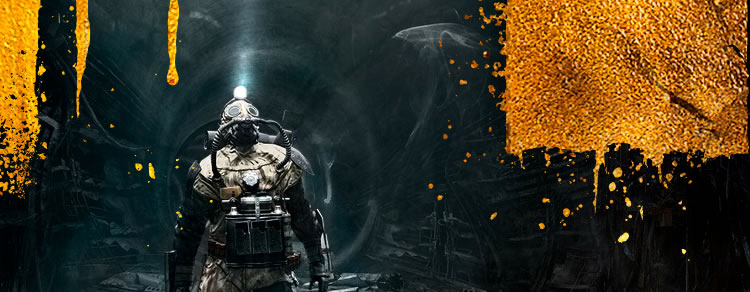Wrapping Things Up
Not unlike the original, Metro: Last Light has raised the bar for PC graphics once again, giving PC gamers a title that they can enjoy the latest and greatest computer hardware with.
For those who aren't rocking a $1000+ GPU setup, Metro: Last Light still plays nice with budget-minded setups. The game still looks great when using medium quality settings where we found at resolutions such as 1680x1050 most graphics cards can provide playable performance.
But of course, if you were to turn up the visual settings along with the resolution the game quickly becomes very demanding and by the time we hit 1920x1200 using high quality settings, we have already wiped out the low-range and some of the mid-range options, such as the Radeon HD 7790 and GeForce GTX 650 Ti.
At the same resolution using the very high settings gamers will require a GeForce GTX 660 or Radeon HD 7870 at the very least, as both only averaged 32fps. Metro: Last Light is the kind of game that makes you feel even better about buying a GeForce GTX 680 or Radeon HD 7970 graphics card. Although both fell slightly short of averaging 50fps at 1920x1200, it goes to show just how much power the game requires. The super sampling anti-aliasing results aren't surprising and we don't expect many to play with SSAA enabled.
Metro: Last Light is surprisingly CPU hungry as well, using up to 6 threads and struggling when only working with a dual-core model. Despite Metro: Last Light's ability to utilize multiple threads it appears you don't need to overclock your processor for extra performance, as made evident by our FX-8350 and Core i7-3770K scaling results.
Getting back to GPUs, we saw close competition between AMD and Nvidia, which is particularly impressive on AMD's behalf given that Metro is a Nvidia TWIMTBP title. Furthermore, the recently released GeForce 320.14 driver which was named "Metro: Last Light Beta Driver" improved performance by up to 10%. AMD fared well after a game patch even though Crossfire is not working yet. Future driver releases from either camp may optimize things further, however there's no denying that Metro: Last Light is one of the most demanding game-based benchmarks we've run to date.


